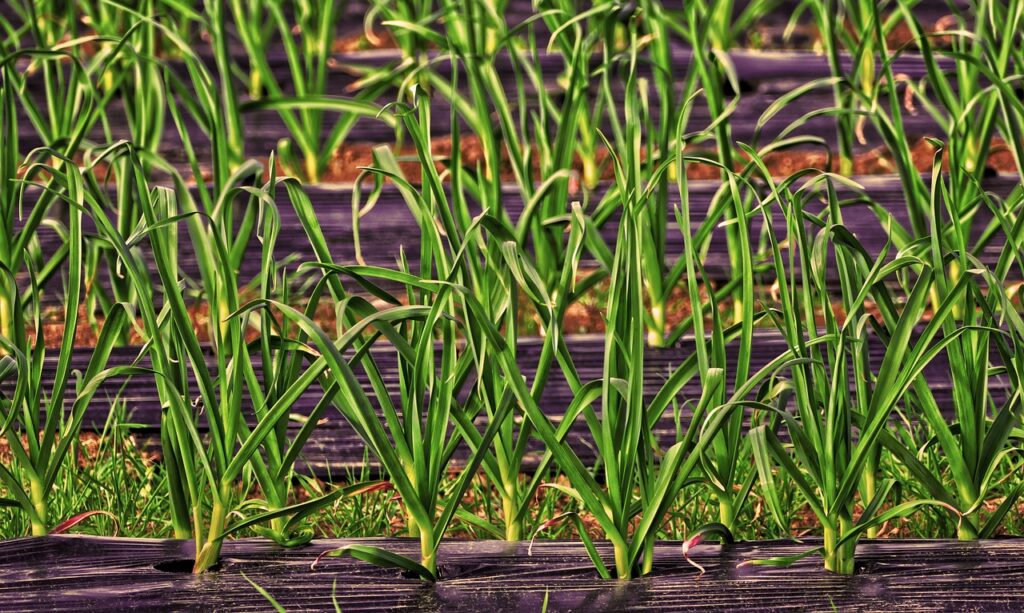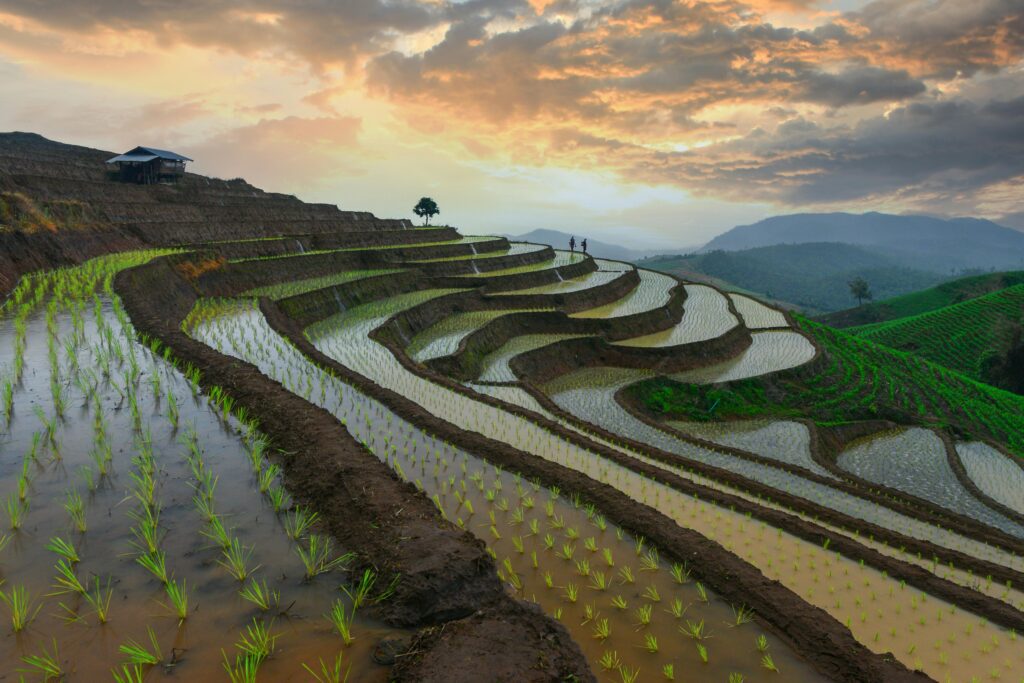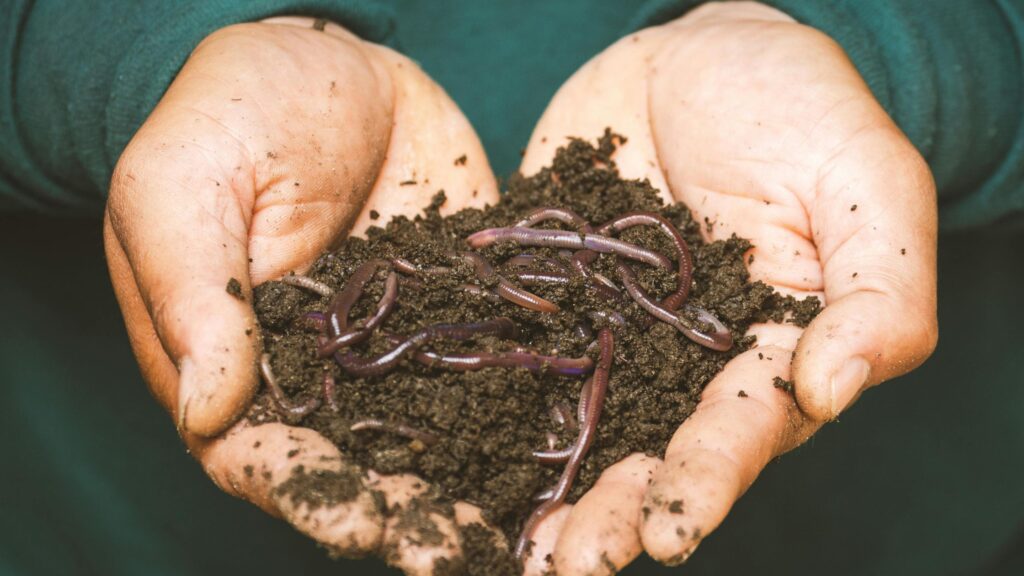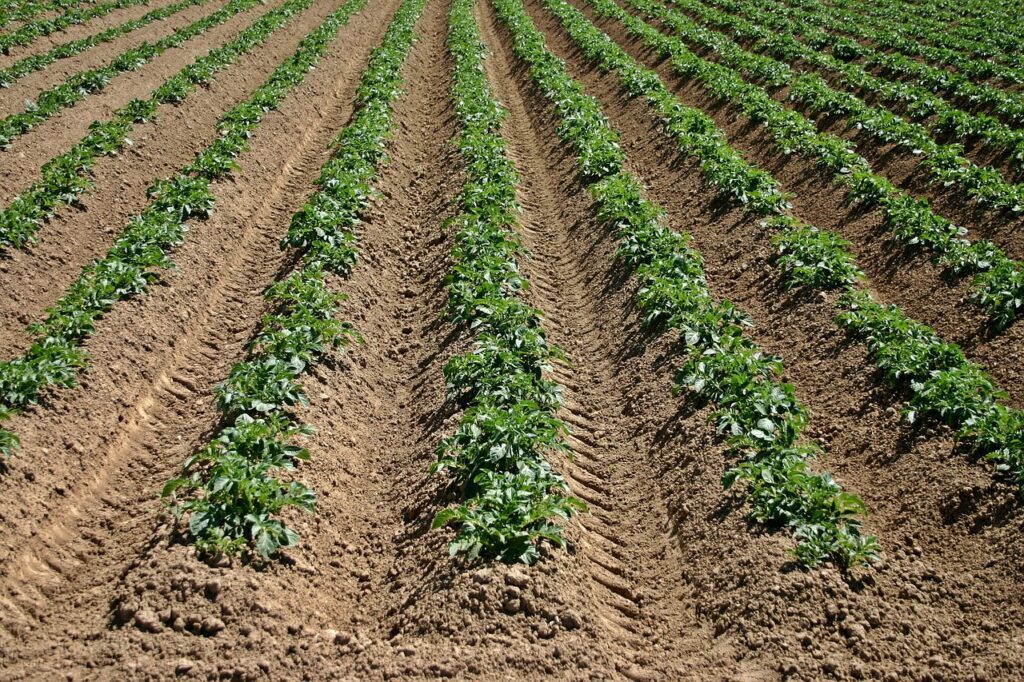Organic Farming is one of the best methods of farming that utilize naturally available resources and modified for various agricultural uses. By this method which has been present since ages ,the system mainly focuses on maintaining soil fertility through natural means and promoting biodiversity within the agricultural ecosystem.
Key Principles of Organic Farming
- Health: Promotes the health of soil, plants, animals, and people as interconnected elements.
- Ecology: Emphasizes natural ecological processes and cycles.
- Fairness: Fosters equitable relationships within the farming system.
- Care: Ensures resource management for future sustainability.
The implementation of these principles involves several key practices:
- Soil Management: Use of compost, manure, and organic matter to maintain soil fertility.
- Crop Rotation: Alternating crops to sustain soil nutrients and manage pests.
- Natural Pest Control: Encouraging beneficial insects and using biological methods.
- Cover Cropping: Planting crops between seasons to prevent erosion and enrich soil.
- Buffer Zones: Creating protective areas to shield against contamination from non-organic farms.
Benefits of Organic Farming:
1. Use of natural available resources:
The system’s focus on soil health, biodiversity, and natural processes creates a more resilient agricultural model that can better withstand environmental stresses and climate challenges.
2. Eco friendly products :
Firstly, the environmental benefits are particularly noteworthy. The Organic practices contribute to climate change mitigation through carbon sequestration in soil. The absence of synthetic pesticides promotes biodiversity, creating habitats for wildlife and beneficial insects. Studies indicate that organic farms support 30% more species diversity compared to conventional farms.
3. Elevate the yield quantity:
While organic yields may be approximately 20-25% lower than conventional farming under normal conditions, the long-term sustainability benefits often outweigh this difference.
4. Protects and Improves soil health:
Gradually, These farms typically demonstrate 25% higher soil organic carbon content compared to conventional farming methods: water management perspective, organic soils demonstrate superior water retention capabilities, making them more resilient during drought conditions.
Consequently, this improved soil structure helps reduce runoff and prevents water pollution from agricultural chemicals. Research has shown that organic farms perform significantly better during severe drought events, primarily due to enhanced water capacity in organically managed soils.
Who can do organic farming?
Those who wish to attain sustainable yield in their lands, to make their garden/nursery bloom with beautiful flowers or even who wish to eat healthy food can do organic farming.
How to start Organic Farming ?
In order to start, there are various steps involved, let’s check one by one:
1.Soil test :

We recommend you to conduct soil tests as the first step, as it is too important to know the ingredients that are present in your soil. By analyzing the test report we can categorize the chemical composition of the soil and differentiate between the abundance and scarcity of the factors of your soil.
2.Crop choice :
And moreover, Crop choice is done by considering the result of the Soil test. There are various factors that need to be considered like region , climate, availability of water, sunlight, animal habitats around the land etc. which play an important role in achieving the goal. Selecting appropriate crops requires careful analysis of your local conditions and market demands.
Consider the following factors while making your selection:
· Type of the soil and current fertility levels
· Climate compatibility and growing season length
· Price and Demand in Local market
· Water availability of and type of irrigation needed
· Experience you have in farming and expertise level
The most successful organic farmers often start with crops that are well-suited to their region’s natural conditions, reducing the need for intensive interventions and maximizing natural growth potential.
3. Land preparation for Organic Farming:

On the basis of the crop choosed, dimension of the land , position of the water source and transportation. We need to prepare the land such that the crops are planted at specific distances from one another to make sure they get sunlight and shade as per requirement and it is easy to provide them with manure, water etc.
It is also important to make sure that the soil structure is suitable for planting, else we need to use tractors, plougher or sometimes even rollers to level the land.

Success of your organic farming majorly depends on choosing the right location and and preparing it well. Soil quality is paramount – conduct thorough soil testing to determine pH levels, organic matter content, and nutrient profiles.
Consider these critical aspects:
1. Assess water availability and quality
2. Evaluate topography and drainage patterns
3. Check historical land use to ensure no chemical contamination
4. Consider proximity to markets and transportation routes
Soil preparation involves building organic matter through composting, green manuring, and proper tillage practices. Remember, the transitioning conventional land to organic status typically requires a three-year period during which you must follow organic practices before certification.
4.Mulching:
The Mulching plays an important role to increase the fertility, soil structure of the land .This can be done prior or in parallel to planting the crop, depending on the crop choosed. It is also important that we sow the monocotyledon and dicotyledon seed either as a mixture or in rotation and allow them for some time to mulch.
This method also helps to avoid weed growth and helps to improve microbial activity.
Types of mulching:
Plastic mulching: Here plastic sheets of specific thickness with suitable cuts are used majorly to avoid weeds.

Organic mulching: Here various monocotyledon and dicotyledon plants and their wastes are used therefore it helps in both weed reduction and to improve soil fertility.

Note : We recommend organic mulching.
5. Planting of crops:
There are few major aspects that need to be considered while planting crops:
- Choosing the best variety: One needs to choose the best variety based on their geological features.
- Placement of the crop: Some crops need more light and water while some need moderate. So its important to place them as per their need.
- Method of planting: It is important to have the knowledge of how the specific crop needs to be planted and implement the same ,as some need to be planted after digging deep.
- Season of planting: It is important to plant the right crop at the right season so they can survive and get the environmental support for their growth.
6. Proper irrigation:

Irrigation plays an important role in survival, growth and yield production of every crop.
It is too important to make sure that we provide the proper amount of water to our crop and land at the right time.
Too much of water supply may result in causing various diseases and reduction in fertility and increase in alkalinity of the soil. Whereas scarcity of water may result in low growth, loss of yield, sun burns etc.
7. Manure supply:

Every crop requires an external supply of supplements like manure and fertilizers in order to reach their best potential. On the basis of the soil test report and the type of the crop , it is important to choose suitable manure and provide it at the right time and right quantity.
Note: Some small amounts of manure are even added at the time of planting to promote growth and increase immunity.
Eventually , Every manure and fertilizer you supply , plays a very important role in growth, yield, immunity, lifespan of the crop and soil structure and fertility.
Moreover It is best to use organic manures and fertilizers prepared using natural resources for sustainable growth and better yield and long life span rather than usage of artificially synthesized chemical fertilizers.
Essential Organic Farming Techniques
Mastering essential organic farming techniques requires a deep understanding of natural processes and their practical application in the field. These methods form the backbone of successful organic farming operations.
Soil management and fertilization in Organic Farming
The foundation of organic farming lies in maintaining healthy, nutrient-rich soil. Organic matter management is crucial for soil fertility, achieved through the application of composted materials and animal manures. Fresh manure should be properly composted before application, as it provides better nutrient availability and reduces the risk of contamination.

Organic fertilizers enhance soil quality through multiple mechanisms:
· By improving the water-holding capacity of the soil
· Improves the soil structure and aeration
· Helps soil microorganisms that are beneficial
· Releases the nutrients slowly
· Develops long-term fertility of soil
Pest and disease control

Organic pest management employs a holistic approach that focuses on prevention rather than treatment. Neem-based preparations is one of the popular environment-friendly protection for disease management, organic farmers implement preventive measures including proper air circulation, resistant varieties, and optimal plant spacing. Light and yellow sticky traps are proved methods that are for monitoring and controlling of the flying pests.
Crop rotation and companion planting
The Crop rotation serves as a cornerstone of organic farming, helping prevent soil-borne diseases and maintain soil fertility. A well-planned rotation typically spans 3-6 years, considering both fertility-building and fertility-depleting crops. This practice helps break pest cycles and optimize nutrient use.
Companion planting enhances farm productivity through strategic crop combinations.
Successful partnerships include:
1. Tomatoes with basil (pest repellent)
2. Corn with beans and squash (nutrient sharing)
3. Carrots with onions (pest management)
4. Marigolds with vegetables (pest deterrent)
The effectiveness of companion planting depends on proper spacing and timing. For instance, tall crops should be positioned to avoid shading shorter ones, while ensuring adequate spacing for root development. This technique not only maximizes space utilization but also creates beneficial microclimates for plant growth.
Implementing of the above organic techniques subjected to local conditions that require careful observation and adaptation. Organic farmers who are successful regularly monitor soil health through testing and adjust their management strategies based on crop response and environmental conditions.
The integration of these methods creates a resilient farming system capable of withstanding various challenges while maintaining productivity.
Certification :
However, Securing proper certification and establishing strong market connections are crucial steps in transitioning from conventional to organic farming. Understanding these aspects helps ensure long-term success and sustainability of your organic farming venture.
Organic Farming certification process
The National Program for Organic Production (NPOP) is the to monitor organic certification in India, providing standards for organic production.
The certification process involves several key steps and requirements:
Certification Requirements: Detail Documentation of Production plans, field records, input usage.
Inspection: Annual on-site verification and surprise visits .
Compliance Period: 2-3 years conversion timeline
Record Keeping: Minimum 5-year maintenance of all records
Regular Updates: Annual renewal and compliance reporting
Important Documentation Requirements:
· Your Plan for organic production system
· Details of contact information and operation
· History of Previous certification (if applicable)
· The Compliance records with NPOP standards
Marketing organic produce
India’s organic market presents diverse opportunities with 4.43 million organic farmers and 2.6 million hectares under organic cultivation. Successful marketing requires understanding various channels and customer preferences.
Key marketing channels for organic produce include:
1. Weekly farmers’ markets in urban areas
2. Direct-to-consumer delivery services
3. Online marketplaces and e-commerce platforms
4. Partnerships with organic specialty stores
5. Supply contracts with restaurants and hotels
Digital Marketing Strategies for Organic Farming:
· Use social media platforms to showcase the farming practices
· Creation of engaging content about organic benefits
· Use of high-quality images of produce
· Sharing the testimonials and success stories of your customers
· By Maintain active online presence through regular updates
Building customer relationships
Establishing trust and maintaining long-term customer relationships is essential for sustainable organic farming business. Research shows that organic produce commands premium prices when backed by strong customer relationships and transparent practices.
Summary:
Therefore, Successful organic farming emerges from the thoughtful integration of natural principles, careful planning, and dedicated implementation of sustainable practices. The journey begins with understanding fundamental organic principles, selecting suitable land and crops, and mastering essential techniques like soil management and natural pest control.
Proper certification and strong marketing strategies complete the foundation needed for a viable organic farming business and also while building lasting customer relationships ensures sustained growth and profitability.
However Organic farming represents more than an agricultural method – it embodies a commitment to environmental stewardship and sustainable food production. The growing global demand for organic produce, coupled with increasing environmental awareness, creates promising opportunities for new organic farmers.
And with proper knowledge, planning, and dedication to organic principles, aspiring farmers can contribute to a more sustainable agricultural future while building successful farming enterprises that benefit both their communities and the environment.
Note: Do remember that DivyaDharani is always with you to support in your path of organic farming with its products and services.

